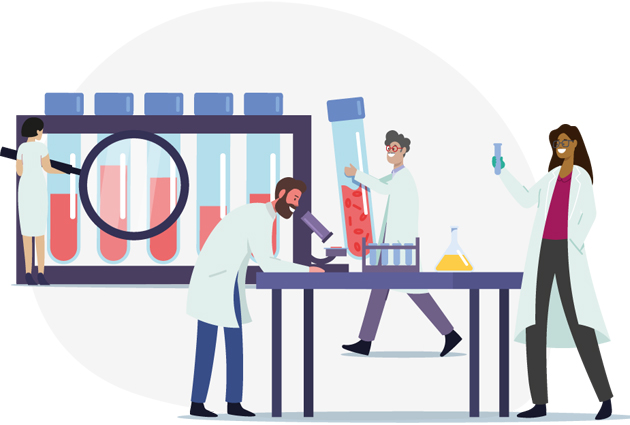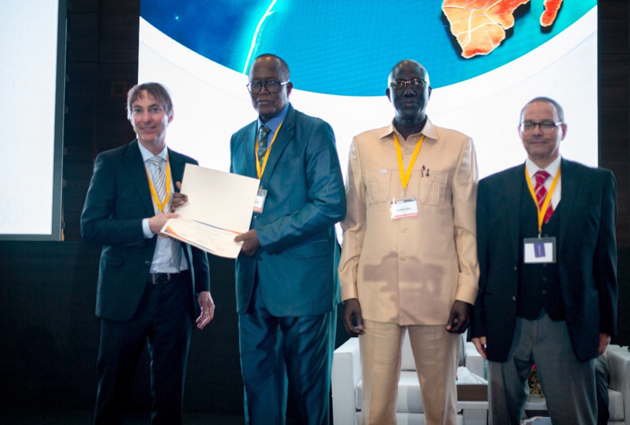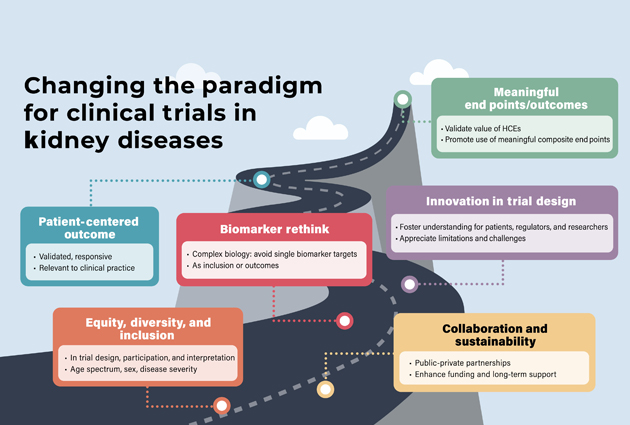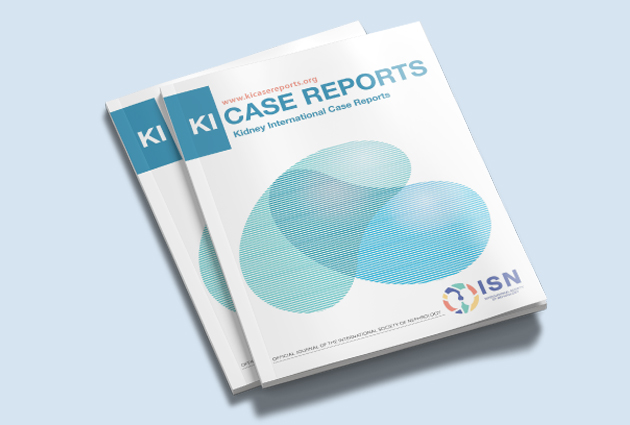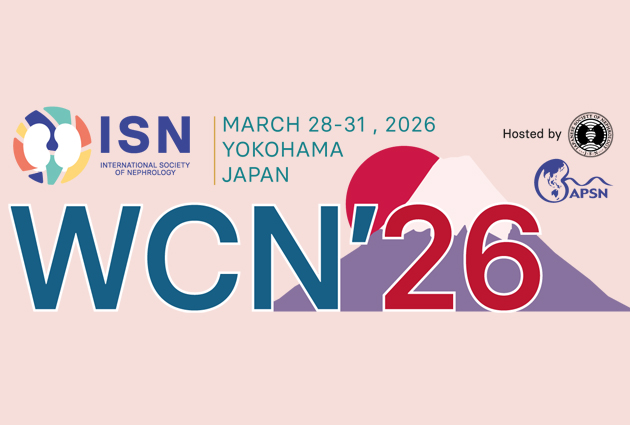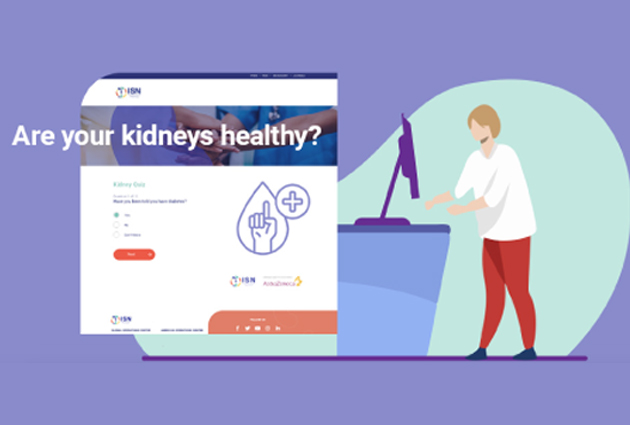UN High-Level meeting 2018: targeted action on kidney disease
Health is a political choice. So, it is fitting that global health was on the agenda of last month’s United Nations (UN) High-Level meeting on the prevention and control of non-communicable diseases (NCDs) at the 43rd UN General Assembly.
The ISN was privileged to be the only kidney group to be invited, along with civic societies representing other disease areas, to advocate for the adoption of a global systematic approach and introduce integrated programs for preventing and controlling kidney disease and other long-term conditions.
Championing the case for people with kidney disease, we wanted to emphasize that kidney disease is a paradigm for other long-term conditions.
The late arrival of the President of the United States of America, and his self-congratulatory comments concerning the many successes of his administration, made headlines and other leaders laugh. For me, however, the address by Dr. Tedros Adhanom Ghebreyesus, Director General of the World Health Organisation (WHO), was much more striking.
Dr. Ghebreyesus drew attention to the massive challenge that NCDs now present in high, middle and low-income countries. He asked the audience to stand if they had a long-term condition, and many did. Then, he asked those who had a first-degree relative affected by a long-term condition to also stand. No one was left seated! Masterfully he made the point that it’s not a massive challenge but rather ‘our massive challenge’.
He didn’t do so, but had he asked the standing assembly to remain standing if they or their loved ones had suffered or continued to suffer from mental illness, around 40% would have still been on their feet.
As clinicians we know the impact of depression and anxiety on the course of kidney disease. Including mental health, as a recognized component of long-term condition care in the Political Declaration arising out of the General Assembly deliberations, is also a victory for people and families with kidney disease.
Progress has to be made on that front firstly by removing the stigma but also better educating health care professional and improving access to care. No health without mental health. That will remain a fact when my fond smile at Mr Trump’s oratory is a fading memory.
We used the platform of our invitation to encourage Member States to go beyond the Political Declaration and ensure that kidney disease is recognized as a high-priority NCD, which now requires urgent consideration by political leaders in every country. As the Sustainable Development Goals agenda progresses, ISN made the case for an integrated approach to NCD prevention and management, which leaves no disease, patients and populations behind.
As a clinically-led and evidence-based society, we are well placed to look downstream and see the problems that need addressing in the here and now, and also look upstream and identify the missed opportunities to avoid advanced kidney disease and provide sustainable solutions.
We pressed the case that health is wealth. Rather than consider kidney disease as a burden, we must consider health as an opportunity for communities to be happier, and economically productive, contributing more to family and wider society. NCD prevention is a social issue. The goal is a health culture across all government departments. Transport to support bicycle lanes, green space and exercise. Water quality and avoidance of nephrotoxic environmental pollution. Education and food labelling. As well as universal access to health care, ethical transplantation, affordable dialysis and humane caring conservative care for those who choose not to have renal replacement therapy.
The Political Declaration of the General Assembly on the prevention and control of NCDs calls for every Member State to acknowledge the key importance of a multi-sectoral response to disease management and a commitment to whole-of-society, health in all policies, equity-based and life course approaches, which strengthen access to essential medicines, vaccines and technologies.
It could have gone further. It could have set new kidney specific milestones, tangible targets and timelines. Instead it recognized that now is the time to deliver the sustainable development goals. We should seize the crucial opportunity the declaration provides to engage at country level and take targeted action on kidney disease as an integral part of the NCDs response.


